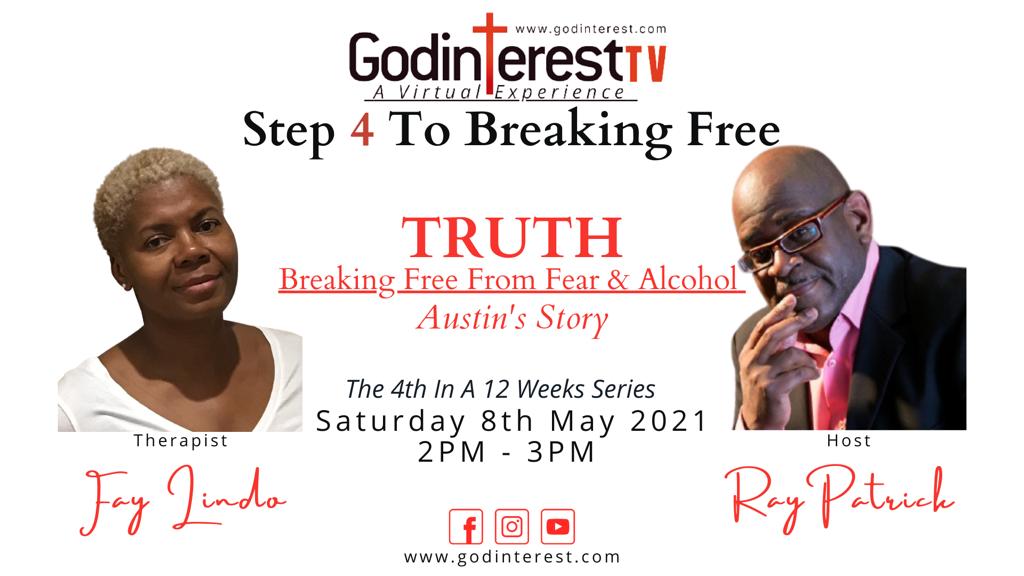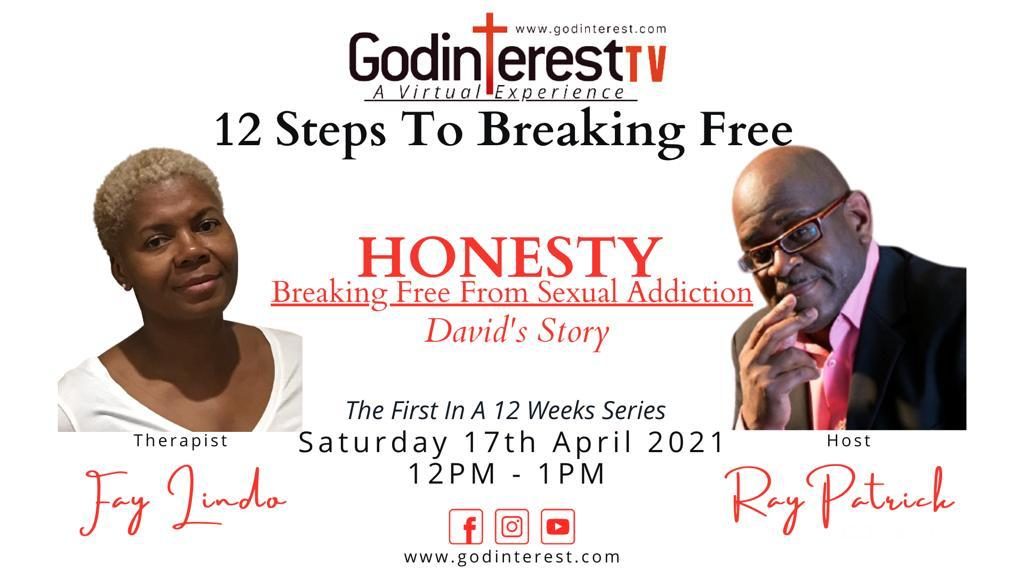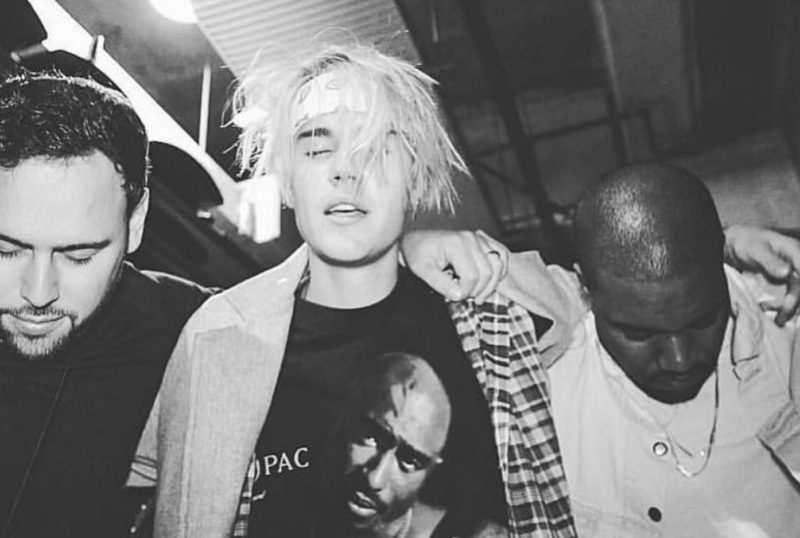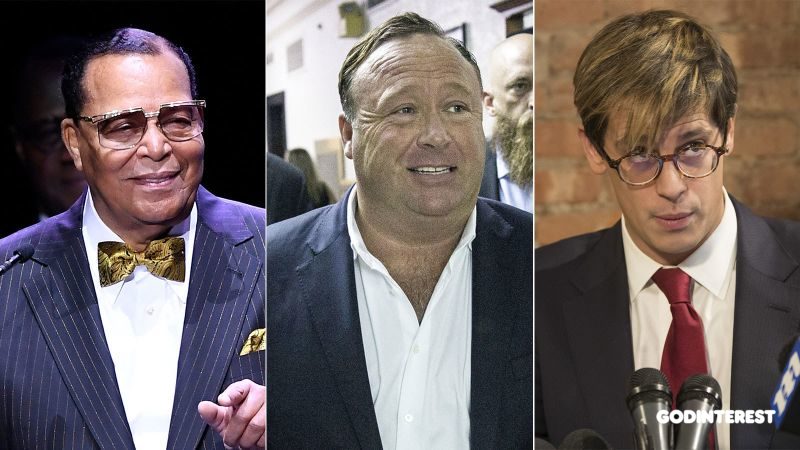On Thursday 02 May 2019 Facebook the social networking giant has permanently banned Infowars founder Alex Jones, Milo Yiannopoulos, Laura Loomer as well as other prominent figures and labelled them far-right provocateurs – a sign that they are more aggressively enforcing their hate speech policies under pressure from civil rights organizations, including the SPLC. Also banned from Facebook going forward is Louis Farrakhan, leader of the Nation of Islam, who has been criticized for his frequent antisemitic remarks.
The bans come as Facebook has pledged to do more to eliminate hate speech on its platform.
Jones has claimed events like the September 11 terror attacks and the 2012 Sandy Hook school shooting were hoaxes. But there are many conspiracy theories that attribute the planning and execution of the September 11 attacks against the United States to parties other than, or in addition to, al-Qaeda including that there was advance knowledge of the attacks among high-level government officials.
For this and many more accusations Infowars is subject to the strictest panishment. Not only did Facebook ban Jones and Infowars, it is also going to delete any Infowars content posted to its platform by any of its users, and any groups that spread Infowars content.
Facebook has said that it wasn’t going to allow white nationalism and separatism on its platform anymore in previous announcements.
In a public statement Facebook said to The Atlantic that:
“We’ve always banned individuals or organizations that promote or engage in violence and hate, regardless of ideology,” a Facebook spokesperson told Variety. “The process for evaluating potential violators is extensive and it is what led us to our decision to remove these accounts today.”
The company told reporters that it would also ban any supporter accounts set up in their likeness and remove any events that these individuals will be participating in.
As part of the sweeping crackdown, Facebook said:
Any account that shares Infowars content will see the content removed; if an account violates terms on multiple occasions it will be banned. Facebook and Instagram will remove any content containing Infowars videos, radio segments, or articles, and Facebook will remove any Groups set up to share Infowars content and Events promoting any of the banned extremist figures, according to a company spokesperson. (Twitter, YouTube, and Apple have also banned Alex Jones and Infowars.)
This week, Facebook also announced an entire redesign of the platform focusing on Groups, in an effort to give users more private spaces. Facebook is “using people’s understandable anger over the company playing fast and loose with their personal data to push a ‘privacy’ focus which is just a fancy way to hide the other big problem on the platform and evade journalists and watchdogs,” the NBC journalist Brandy Zadrozny tweeted upon Facebook’s Groups announcement. “There are very nice groups”¦ but some are also very very dangerous and make the world worse.” One recent investigation found dozens of Facebook groups dedicated to the Pizzagate conspiracy theory. Joining just one of those groups resulted in recommendations for more conspiracy-theory groups.
But Will ‘Christian Speech’ Be Allowed in the New Facebook World?
Well, let’s face it, the values of Silicon Valley are not conservative values; they’re not Christian values, for example, in one one recent instance, a Catholic university put up a picture of a cross to commemorate Easter. Facebook rejected the ad because it did not meet its standards. After a secondary review, the social media giant reversed their initial censorship of the ad.
We believe that Silicon Valley does not want conservative talk and Christian talk; they want to push progressive and Leftist values. It’s just the fact as Zuckerberg even admitted that’s its a real issue in 2018 during his testimony Tuesday when Sen. Ted Cruz, R-TX, asked him if Facebook had a political bias.
“I understand where that concern is coming from; as Facebook and the tech industry are located in the Silicon Valley, which is an extremely Left-leaning place. And this is actually a concern that I have, that I try to root out in the company, is making sure that we don’t have any bias in the work that we do,” Zuckerberg answered to Cruz.
The NRB has previously said that it wants Congress to hold Zuckerberg’s feet to the fire over these allegations of censorship.
They said that there are five major questions he should answer, including how the social media juggernaut defines “hate speech” and how they respond to comments by Federal Communications Commission Chairman Ajit Pai, who acknowledged that some social media platforms “routinely block or discriminate against content they don’t like.”
EDITOR’S NOTE: With concerns over Facebook and other Social Media sites cracking down on Conservative/Christian content, Please ensure you subscribe to Godinterest to receive the Christian Perspective on today’s news directly in your Inbox.
Facebook has disclosed its rules and guidelines for deciding what its 2.2 billion users can post on the social network.
The full guidelines can be read here. Below is a summary of what they say:
1. Credible violence
Facebook says it considers the language, context and details in order to distinguish casual statements from content that constitutes a credible threat to public or personal safety.
2. Dangerous individuals and organisations
Facebook does not allow any organizations or individuals that are engaged in terrorist, organized hate, mass or serial murder, human trafficking, organized violence or criminal activity.
3. Promoting or publicising crime
Facebook says it prohibit people from promoting or publicizing violent crime, theft, and/or fraud. It does not allow people to depict criminal activity or admit to crimes they or their associates have committed.
4. Coordinating harm
The social network says people can draw attention to harmful activity that they may witness or experience as long as they do not advocate for or coordinate harm.
5. Regulated goods
The site prohibits attempts topurchase, sell, or trade non-medical drugs, pharmaceutical drugs, and marijuana as well as firearms.
6. Suicide and self-injury
The rules for ‘credible violence’ apply for suicide and self-injury.
7. Child nudity and sexual exploitation of children
Facebook does not allow content that sexually exploits or endangers children. When it becomes aware of apparent child exploitation, we report it to the National Center for Missing and Exploited Children (NCMEC).
8. Sexual exploitation of adults
The site removes images that depict incidents of sexual violence and intimate images shared without permission from the people pictured.
9. Bullying
Facebook removes content that purposefully targets private individuals with the intention of degrading or shaming them.
10. Harassment
Facebook’s harassment policy applies to both public and private individuals.
It says that context and intent matter, and that the site will allow people to share and re-share posts if it is clear that something was shared in order to condemn or draw attention to harassment.
11. Privacy breaches and image privacy rights
Users should not post personal or confidential information about others without first getting their consent, says Facebook.
12. Hate speech
Facebook does not allow hate speech on Facebook because it says it creates an environment of intimidation and exclusion and in some cases may promote real-world violence.
13. Graphic violence
Facebook will remove content that glorifies violence or celebrates the suffering or humiliation of others.
It will, however, allow graphic content (with some limitations) to help people raise awareness about issues.
14. Adult nudity and sexual activity
The site restricts the display of nudity or sexual activity.
It will also default to removing sexual imagery to prevent the sharing of non-consensual or underage content.
15. Cruel and insensitive
Facebook says it has higher expectations for content that defined as cruel and insensitive.
It defines this as content that targets victims of serious physical or emotional harm.
16. Spam
Facebook is trying to prevent false advertising, fraud and security breaches.
It does not allow people to use misleading or inaccurate information to artificially collect likes, followers or shares.
17. Misrepresentation
Facebook will require people to connect on Facebook using the name that they go by in everyday life.
18. False news
Facebook says that there is also a fine line between false news and satire or opinion.
For these reasons, it won’t remove false news from Facebook, but, instead, significantly reduce its distribution by showing it lower in News Feed.
19. Memorialisation
Facebook will memorialise accounts of people who have died by adding “Remembering” above the name on the person’s profile.
The site will not remove, update or change anything about the profile or the account.
20. Intellectual property
Facebook users own all of the content and information that they post on Facebook, and have control over how it is shared through your privacy and application settings.
21. User requests
Facebook say they will comply with:
- User requests for removal of their own account
- Requests for removal of a deceased user’s account from a verified immediate family member or executor
- Requests for removal of an incapacitated user’s account from an authorised representative
22. Additional protection of minors
Facebook complies with:
- User requests for removal of an underage account
- Government requests for removal of child abuse imagery depicting, for example:
- Beating by an adult
- Strangling or suffocating by an adult
- Legal guardian requests for removal of attacks on unintentionally famous minors
This story is developing. Please check back for updates.














